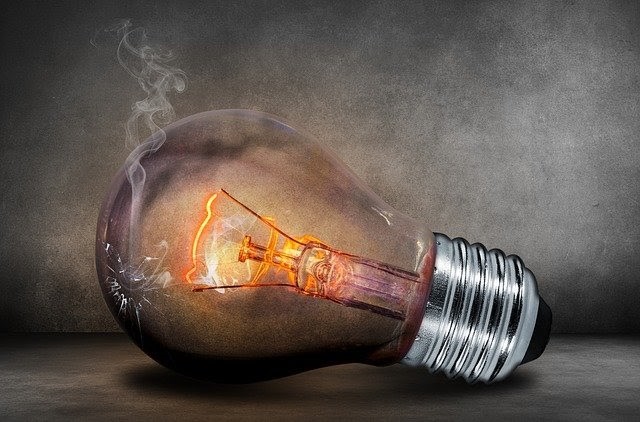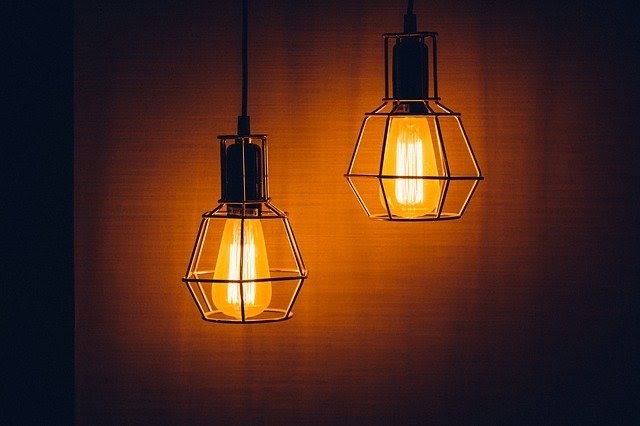When the main electricity grid fails, it becomes up to us to provide for your homes. Whether you’re here because the last power outage was unbearable, or because you just want to be prepared, this article has all the specifics regarding emergency power supplies.
- Solar Generator
For some time, renewable energy sources, especially solar panel systems, have been gaining popularity owing to their many benefits. Not only are they environment-friendly, but in the long run, they can be cheaper than regular electricity. If you have already made the switch, you already know that the energy coming from your solar panels can either be used to power your house directly, or it can be stored for later use. All it takes is a battery system to store the current coming from the panels.
On the other hand, if you haven’t yet made the switch, you’ll need to set aside a large sum to install your own solar panel system first. Of course, you can get a cheaper portable system, but it highly depends on how much you’ll rely on your emergency power supply. That said, keep in mind that solar panels convert solar energy into direct current (DC). If your house or a specific appliance runs on alternating current (AC), you will need to purchase an inverter.
- Permanent Generator
By far, permanent generators have proved to be the most reliable option when it comes to emergencies. After all, you won’t need to depend on any external factors other than your ability to provide liquid propane or natural gas. The best part, according to Performance Based Heating and Air is that the recent technological advancements have allowed users to monitor their generator’s status and condition through any smart device. Meaning, you won’t need to fear your generator suddenly bailing on you. You’ll get a maintenance warning on your phone before it happens, and if it happens.
Before buying a permanent generator, you need to make sure you have enough space to keep it, as some models are quite large. Here, your main deciding factors should be the extent of power you expect to be using and for how long. A small generator can either be used to power certain appliances (the essentials) during a blackout. A large one, however, can keep your entire house running for days without forcing you to compromise.
- Battery Backup System
While effective, battery systems are only so for short amounts of time. Small systems, also known as single battery systems, can power select appliances for hours. Meanwhile, larger systems, known as battery banks, can run a house for a maximum of two or three days. Once again, you need to consider the frequency of power outages in your area and your own electronic needs. If your outages typically last for long, you might be better off investing in another system as a battery backup system requires to be frequently recharged. For a better understanding, here is how the system works. When electricity is available, electricity is channeled to the batteries, charging them completely. When an outage occurs, the battery activates, providing the house with electricity until it runs dry. They are a costly option, no doubt, but they do operate quietly and you won’t need to worry about loading them with fuel as they recharge from the main grid.
- Wind Electric System
This is another renewable option, and while effective, it isn’t common due to the specific climate requirements. It depends on wind and you can’t always guarantee strong winds. If you live somewhere where you’re constantly exposed to steady, strong winds, investing in a wind turbine can be a good idea. With enough wind, a turbine powers a generator which then sends the power to a battery bank. When in need, the power will flow from the battery to your appliances. The system’s mode of operation is simple enough, but it’s not a system that you install and forget about. It requires regular maintenance and care. Plus, whether or not you can install a turbine is not just up to you, but is also determined by your area’s zoning rules.
There are various choices when it comes to emergency power supplies, each with its own unique set of features, pros, and cons. We can bring you all the information, but the best option is a subjective matter. Ultimately, it goes back to your level of expenditure, your preferences, and where you live. Keep in mind that, before you make a decision, you need to research your prospect purchase in-depth and know exactly what you’re investing in.



